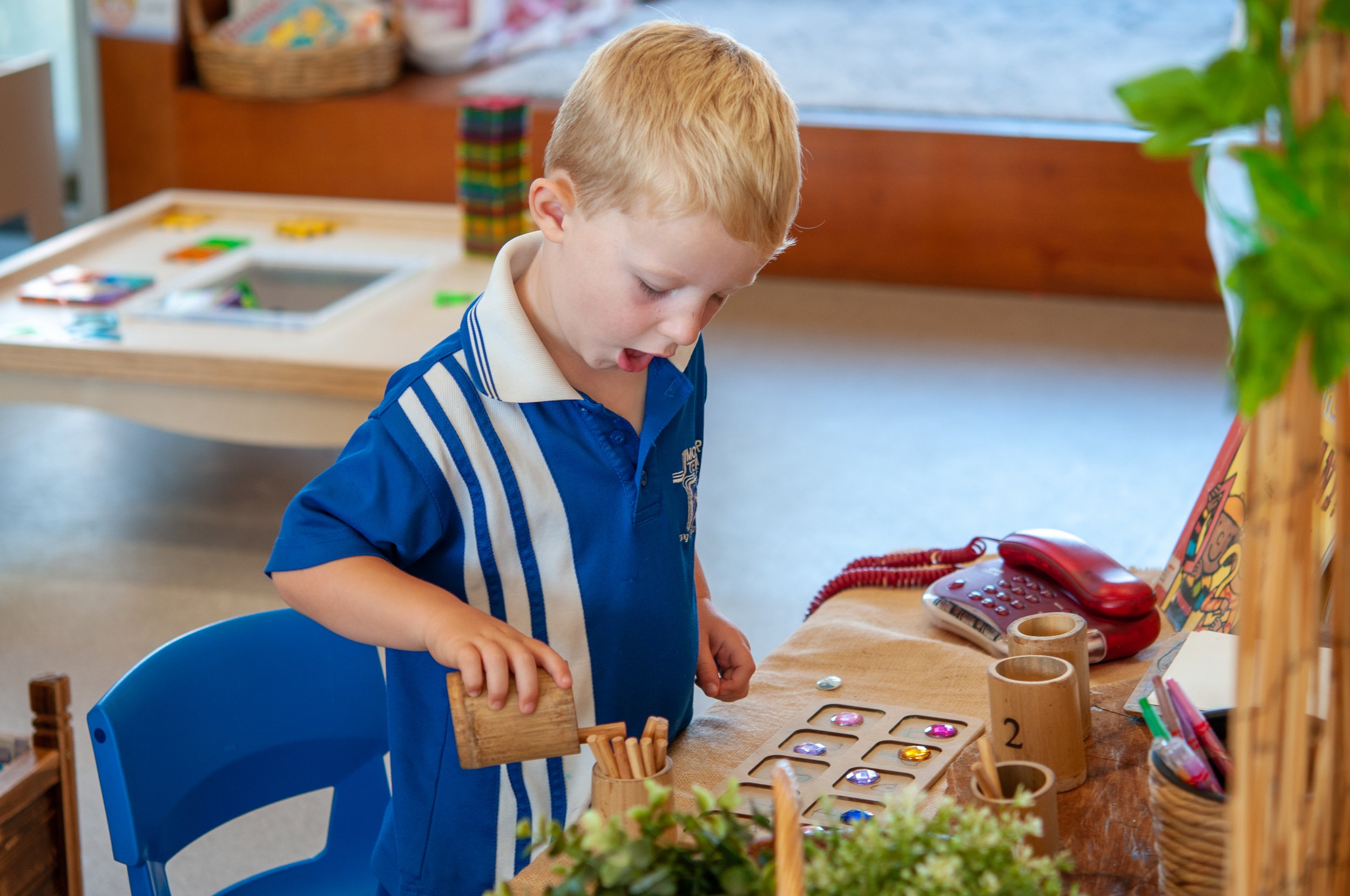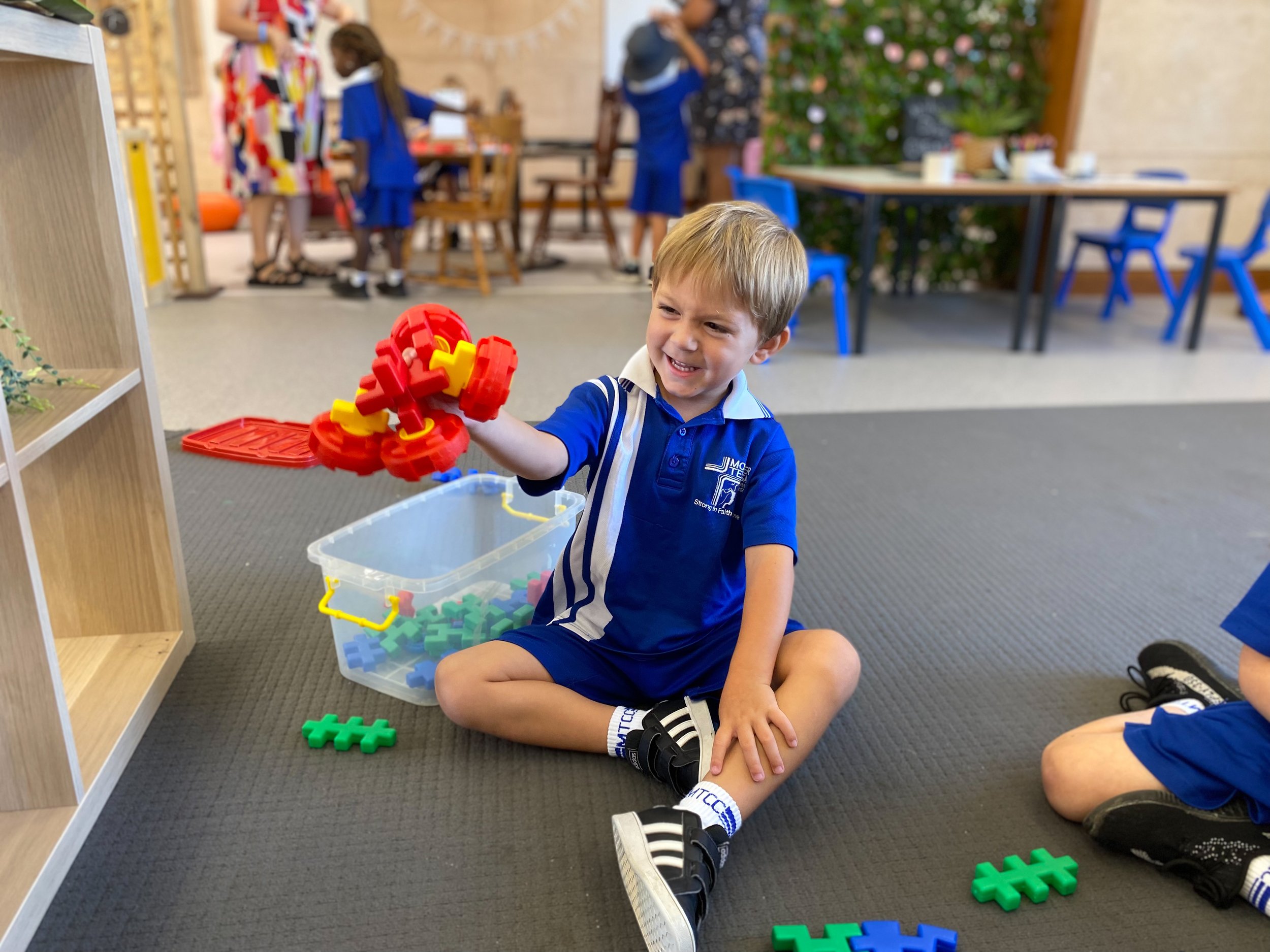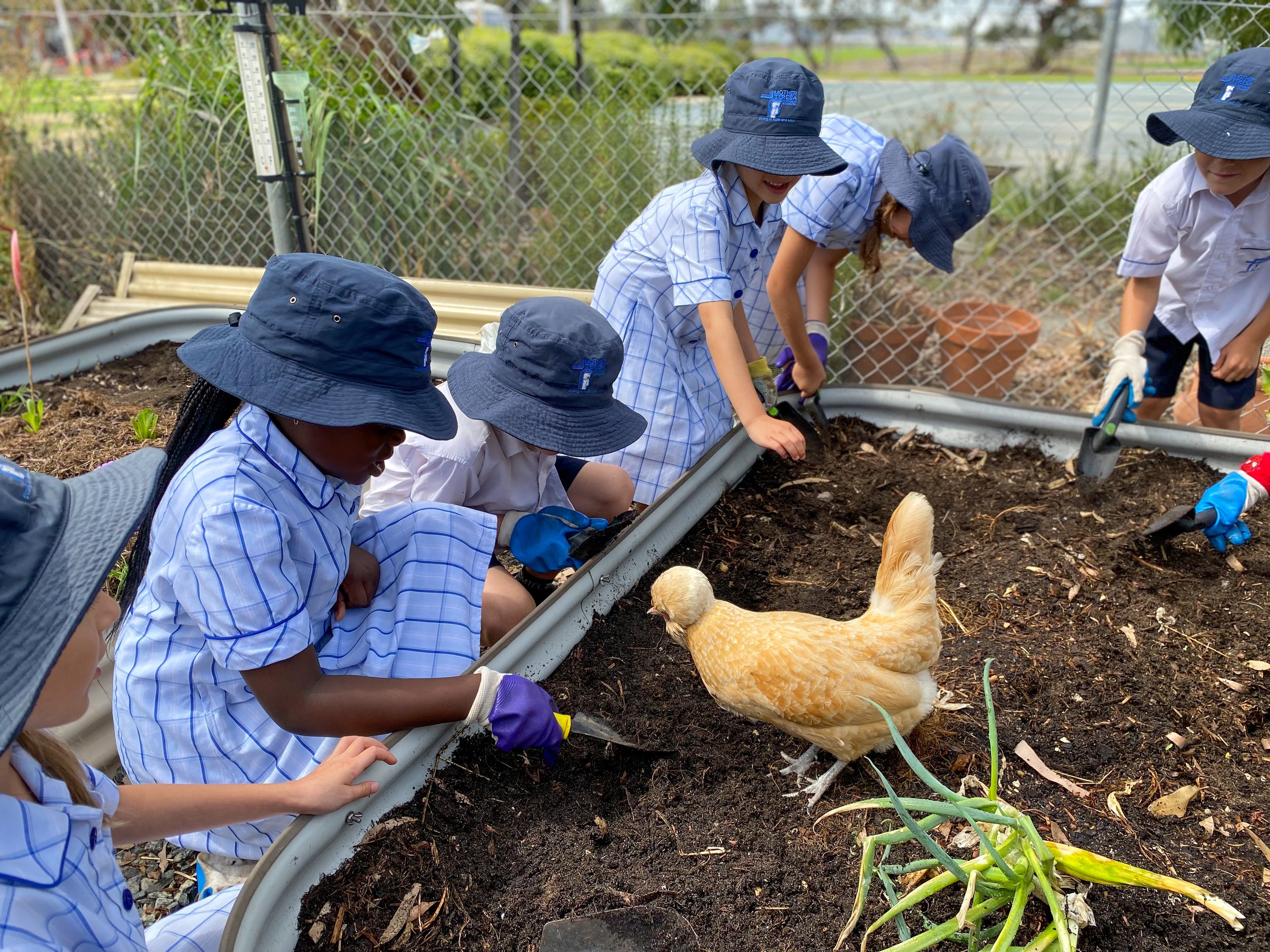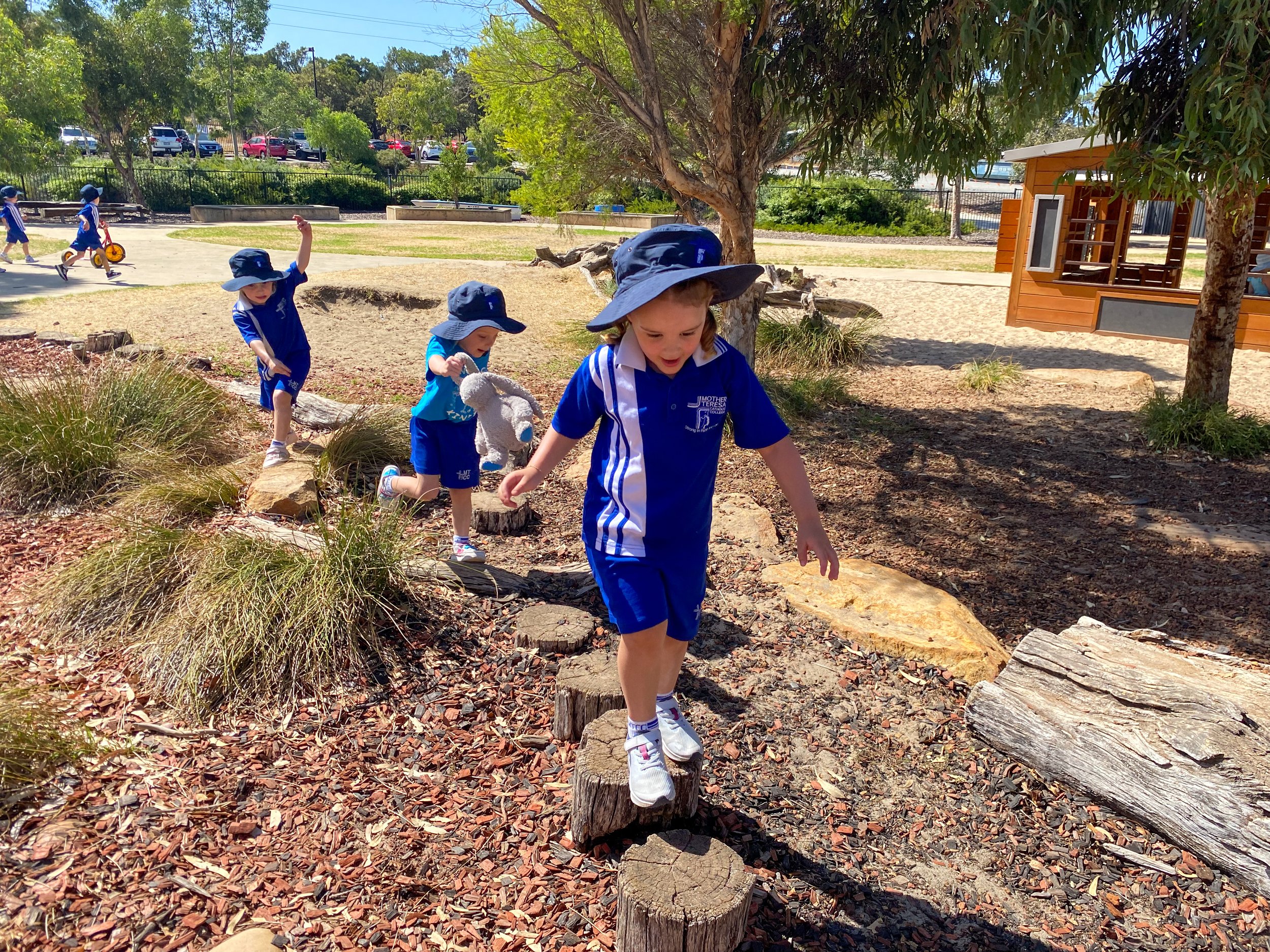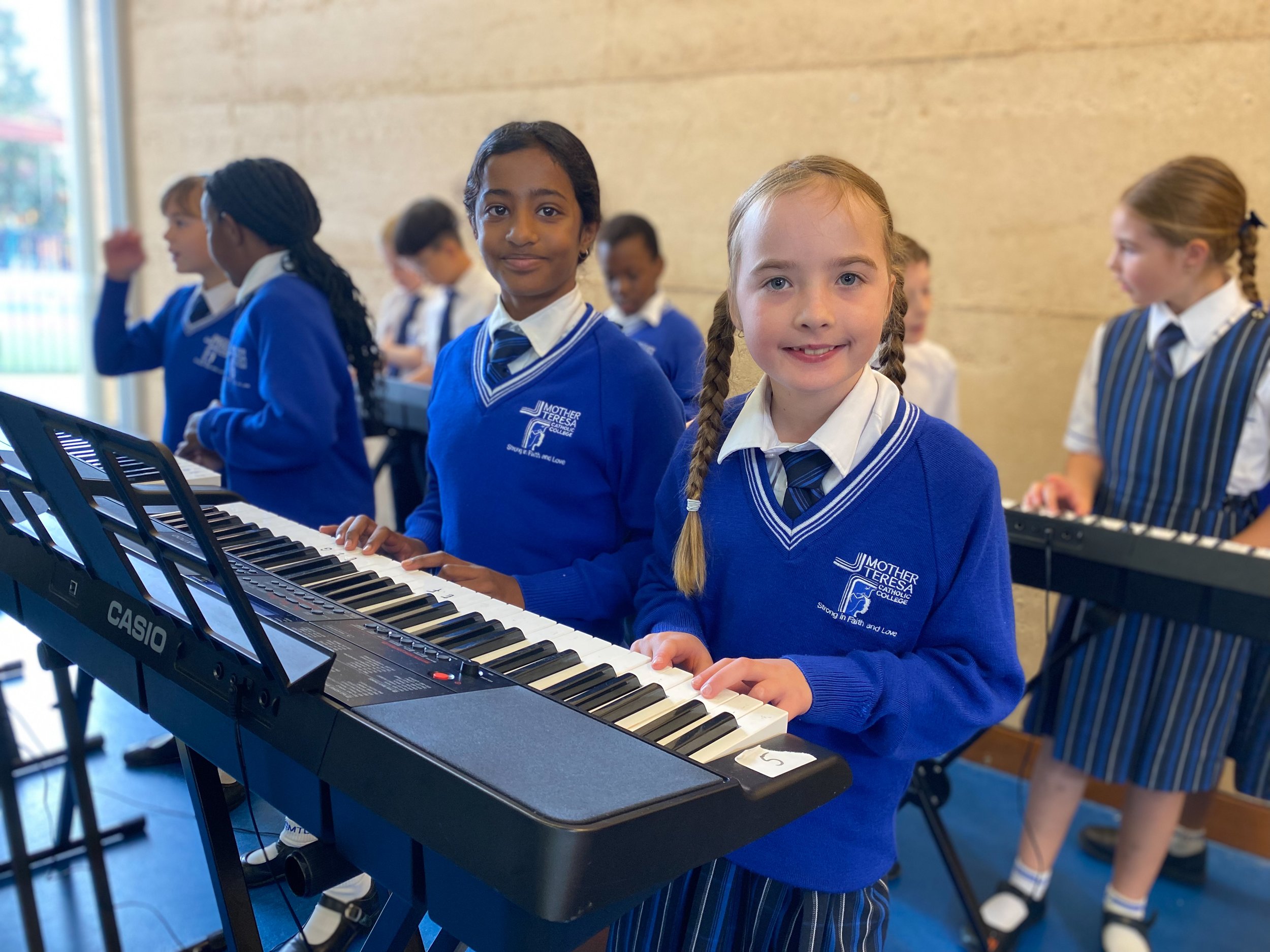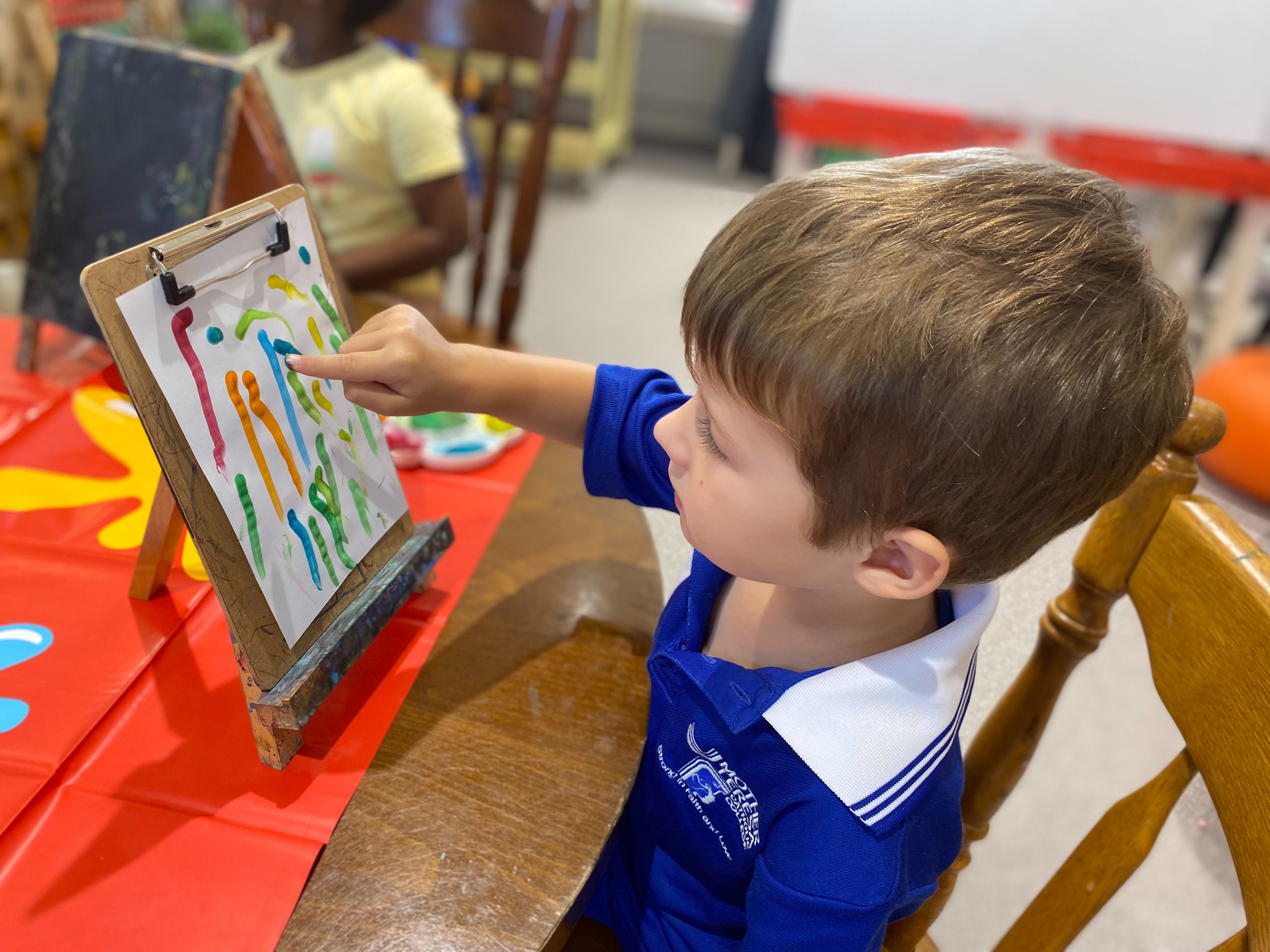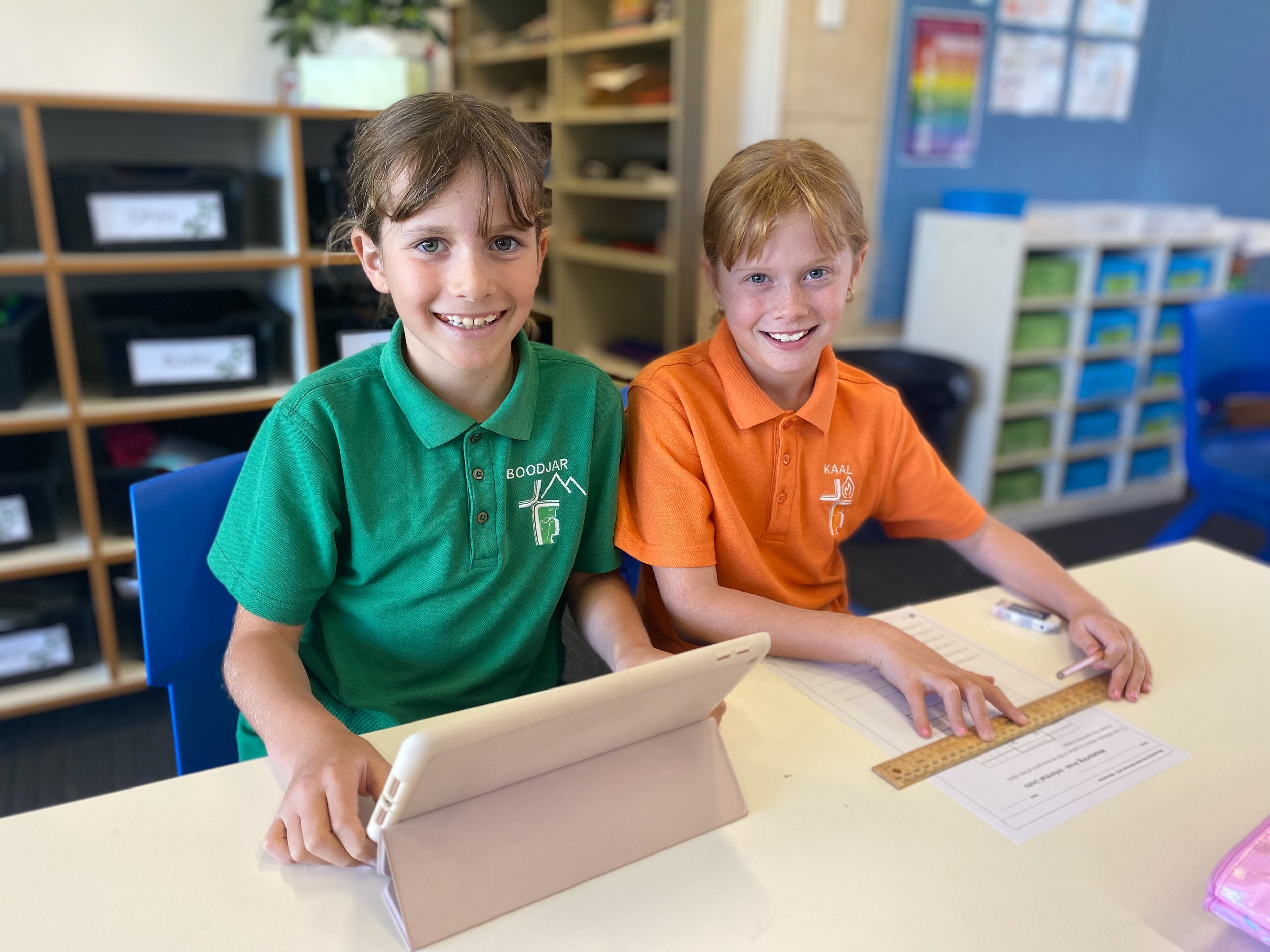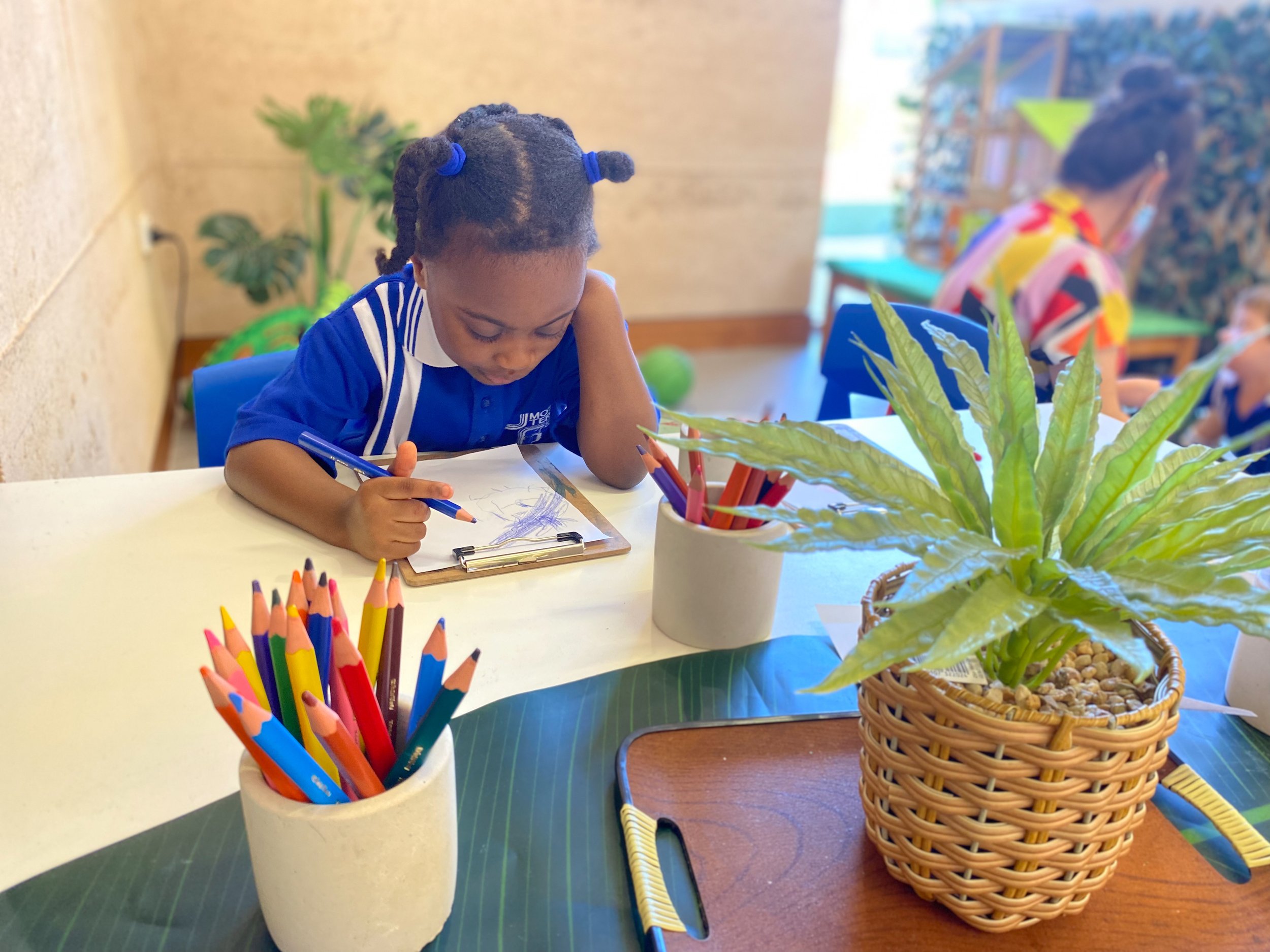Inquiry Based Learning
“Learning at MTCC embraces Inquiry Learning pedagogy”
Walker Learning (WL) is an Australian designed teaching and learning approach that aims to engage children from early childhood right through to their early teenage years using a range of strategies that authentically personalises learning. It is implemented across Australia and internationally. Children, parents and teachers embrace the approach as it relates to the real worlds in which children live.
Our college buildings are a great example of how innovative building design has focused on flexible learning spaces, tangibly supports best practice and enhances 21st century learning. A special feature of the way we ‘do’ teaching and learning here is through inquiry play-based learning in our contemporary and versatile learning spaces.
The Walker Learning Approach ensures that:
Children’s interests are used as the predominant means for learning experiences alongside explicit teaching of skills and understandings in literacy and numeracy.
Children’s interests are expanded, scaffolded and supported as a means of ongoing engagement in particular learning areas.
Investigations are the major pedagogical tool for teaching and learning – alongside formal instruction.
The nature of experiences for the children promotes creativity, imagination and scope for the child to explore processes – not just end products – and seek to encourage children to pursue some of their learning experiences into ongoing projects for either short or longer periods of time.
Observation and documentation by teachers of key skills, needs, strengths and interests of individual children is used to further plan and implement appropriate experiences and set further learning and development objectives.
Skill instruction sessions, small and large group times are still used within the classroom including additional explicit literacy and numeracy sessions each day.
Teachers must still direct, scaffold, extend or intervene with children in order to ensure that children are actively engaged and learning.
At Mother Teresa’s we use a mix throughout the day of active hands-on investigations alongside group times, personal reflection times, skill instruction and other learning experiences provided by the college.
All these features of the way we provide teaching and learning, implemented with integrity and rigour here at Mother Teresa’s, result in:
Higher levels of engagement and motivation
Higher oral language skills
Increased writing
Increased prosocial skills
Decreased behavioural problems
Greater level of personalised learning opportunities
Problem-solving and creative thinking
Increased independence and interdependence
